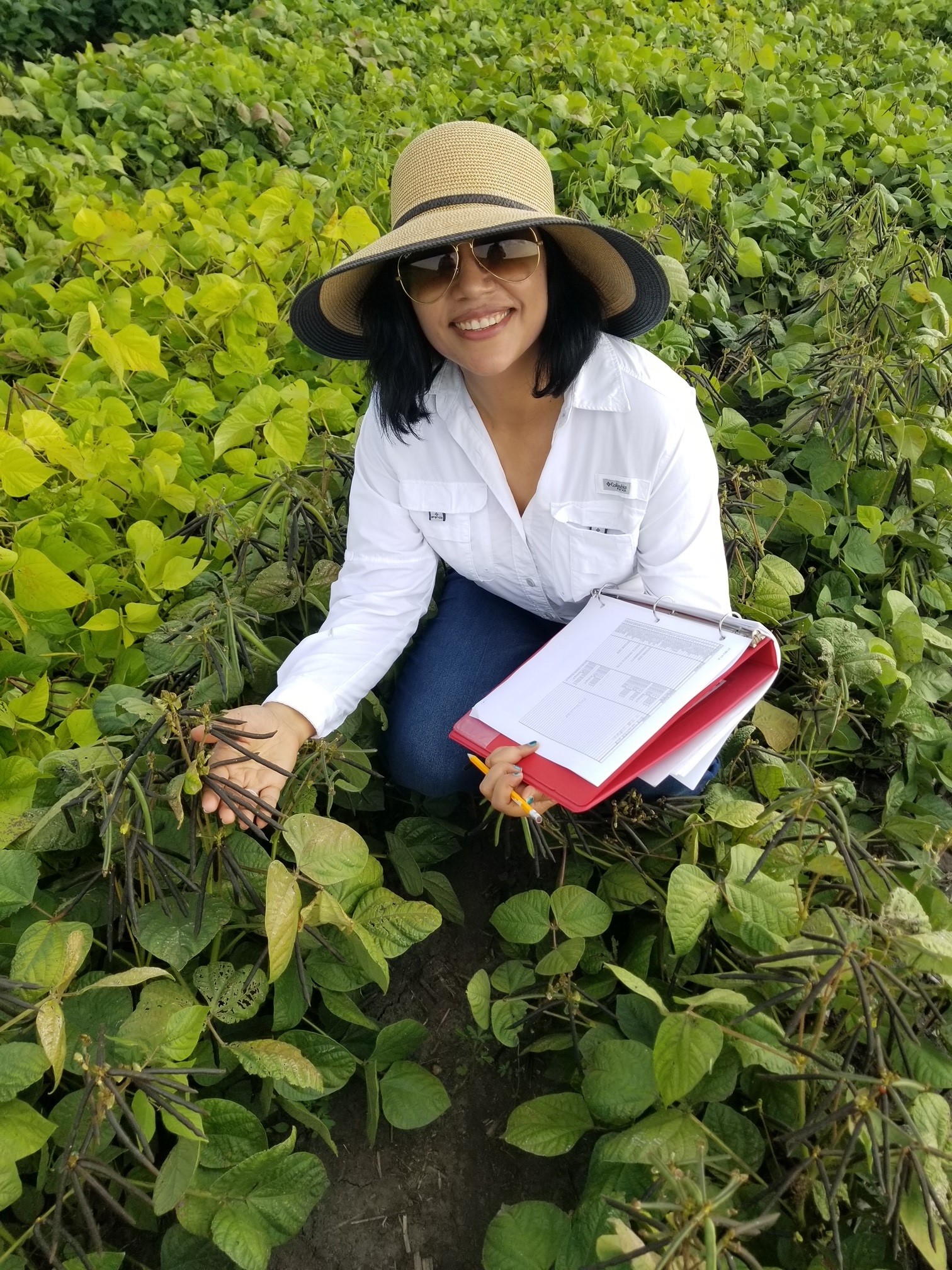
Image-based plant stress phenotyping in the fast changing world of AI
Dr. Arti Singh (Iowa State University)
This PhenomicsWebinar was held 31 January 2022, 14:00CET.
Feel free to also have a look onto our IPPN Youtube channel for more PhenomicsWebinars
Abstract
Machine Learning (ML) and its subtype deep learning (DL) approaches are rapidly advancing and are being executed at an exceptional scale in agriculture to generate automated solutions with higher accuracy particularly in phenotyping tasks. To train a robust DL model, we need large quantities of data. With recent improvements in high throughput phenotyping platforms like rovers and drones equipped with various sensors, we are now collecting large amounts of data minimizing data collection bottleneck in plant phenotyping. However, training a supervised ML model with annotated data remains a major bottleneck. To overcome this challenge, semi-supervised and self-supervised ML methods have been used for data annotation. ML algorithms for automated feature extraction from images can circumvent labelling of images and provide better estimation of plant stress severity. Semi-supervised learning saves human hours for labeling tasks, and material resources over supervised learning methods. Further improvement is self-supervised learning, automatically generates labels removing/minimizing human intervention to label samples. In the webinar, we will explore examples of supervised ML models used in plant stress phenotyping problems, and how we are moving towards self-supervised learning to overcome the data annotation challenge with plant stress datasets.
Speaker Information
Dr. Arti Singh (Iowa State University)

Dr. Arti Singh is an Assistant Professor in the Department of Agronomy at Iowa State University with 15 years of plant breeding experience. After obtaining her PhD degree in India, she worked at the University of Saskatchewan and then at Agriculture and Agri-Food Canada as a Post-Doctoral Fellow, prior to joining Iowa State University.
She has authored two textbooks ‘Disease and Insect Resistance in Plants’ and “Plant Breeding and Cultivar Development”. She has published 45 peer reviewed research articles in reputed and high impact journals including Proceeding of National Academy of Sciences and Trends in Plant Science. She has been funded competitive grants by the USDA-NIFA, NSF, Iowa Soybean Association, IA Soybean Research Center, and United Soybean Board. She leads a green and black gram breeding program, and her research projects are geared towards harnessing genetic diversity for genetic gain, utilization of advanced data analytics particularly machine and deep learning for early disease signatures, and genetic/genomic studies on a/biotic stress resistance. She has been awarded the Jeanie Borlaug Laube Women in Triticum (WIT) Early Career Award.
Key References
- Singh A*, B Ganapathysubramanian, AK Singh, S Sarkar. 2016. Machine Learning for High-Throughput Stress Phenotyping in Plants. Trends in Plant Science 21(2): 110-124.
- Singh AK, B Ganapathysubramanian, S Sarkar*, A Singh*. 2018. Deep learning for plant stress phenotyping: trends and future perspectives. Trends in Plant Science 23(10): 883-898
- Ghoshal S joint 1st author, D Blystone joint 1st author, AK Singh, B Ganapathysubramanian, A Singh*, S Sarkar*. 2018. Bringing consistency to plant stress phenotyping through an explainable deep machine vision framework. Proceedings of the National Academy of Sciences. 115 (18) 4613-4618
- J Zhang, T Assefa, A Lofquist, S Sarkar, D Ackerman, A Singh*, AK Singh*, B Ganapathysubramanian*. 2017. A real-time phenotyping framework using machine learning for plant stress severity rating in soybean. Plant Methods. 13:23
- Nagasubramanian K, S. Jones, AK Singh, S Sarkar*, A Singh*, B Ganapathysubramanian*. 2019. Plant disease identification using explainable 3D deep learning on hyperspectral images.
